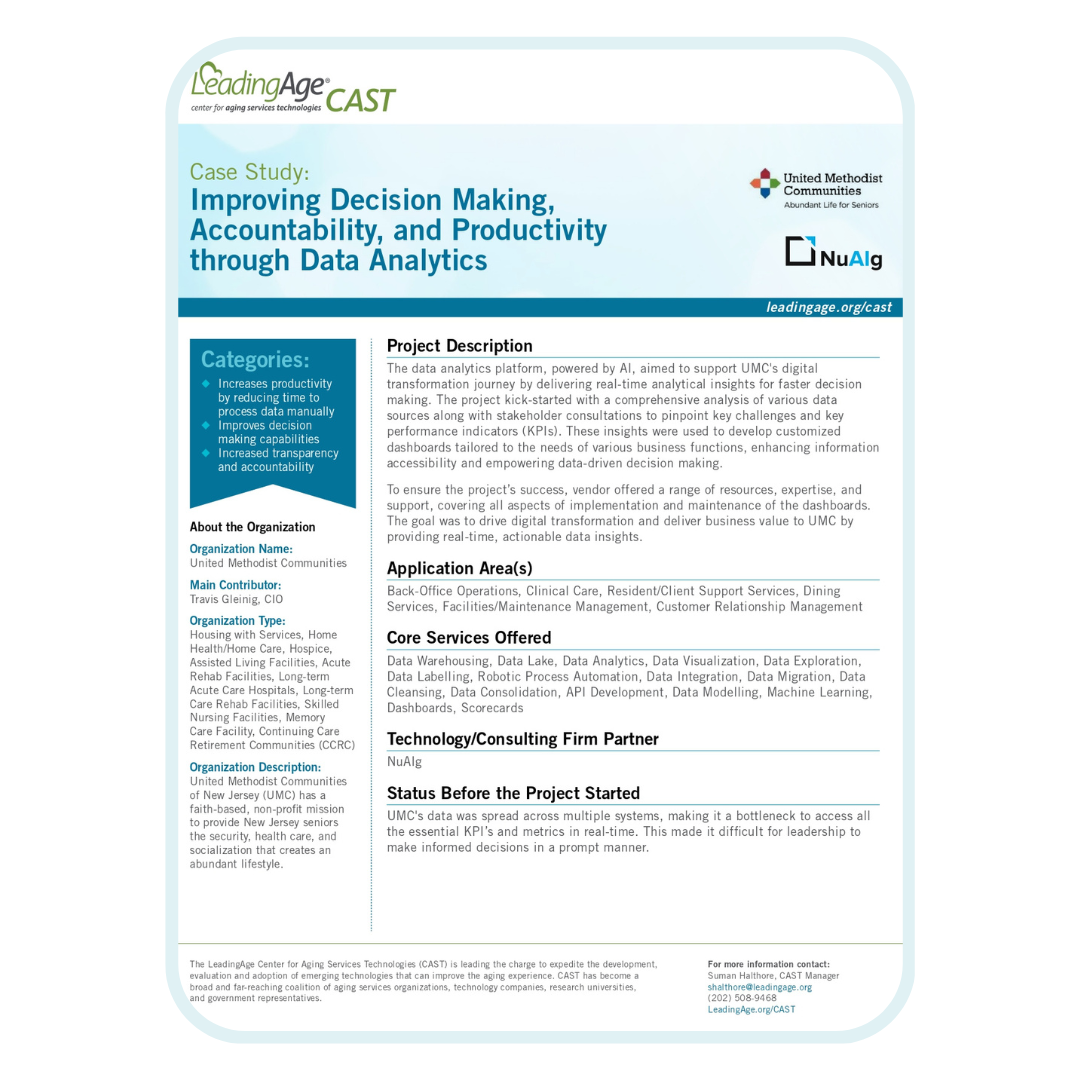Driving efficiencies with Healthcare Automation Solutions
Advisory and Implementation Services for
Healthcare Providers and Aging Services
We are recognized by LTPAC and CCRCs as trusted advisors for their AI and Automation journey.
We enable digital transformation by
-
Assessing the digital maturity
-
Educating stakeholders
-
Envisioning automation roadmap
-
Implementing Solution
-
Scaling Adoption
A Continued Care Retirement Community achieved
40% ROI in first year and 80%
in subsequent year
Empowering healthcare providers to alleviate challenges across the internal and external stakeholder spectrum
Benefits of Healthcare Automation Solutions
Crucial Roadblocks of the Senior Living Industry
These can all be solved with the magic of rpa in healthcare
Making Impact in Every Aspect of Aging Services
Case Studies

Improving Productivity, Resident/ Employee Experience and Driving Innovation through Digital Transformation
NuAIg is proud to have helped UMC of New Jersey succeed with its digital transformation initiatives and thrive in its digital transformation journey by
Latest Blog Posts

Frequently Asked Questions
What features are essential in comprehensive healthcare automation solutions?
Healthcare automation solutions, to be truly comprehensive, should encompass a range of key features to streamline processes and enhance efficiency in healthcare settings. Some essential features include:
- Integration Capabilities
- Workflow Automation
- Data Security
- Analytics and Reporting
- Interoperability
- Customization Options
- Compliance Management
By incorporating these essential features into your healthcare automation solutions, you can significantly contribute to the optimization of administrative, clinical, and operational processes within your healthcare facility.
What are the set of examples for healthcare automation solutions?
Several examples of healthcare automation solutions exist, streamlining various processes within the healthcare industry. Here are some prominent examples:
- Electronic Health Records (EHRs): Automated systems for managing patient health records, including data entry, retrieval, and updates, improving accuracy and accessibility.
- Appointment Scheduling Systems: Automation tools for scheduling and managing patient appointments, reducing manual work for staff and minimizing scheduling errors.
- Billing and Claims Processing: Automation in billing and claims processes helps streamline financial transactions, reducing errors and accelerating reimbursement cycles.
- Robotic Process Automation (RPA): Implementing robots to automate repetitive and rule-based tasks, such as data entry, claims processing, and appointment reminders.
These are a few examples that showcase how healthcare automation contributes to increased efficiency, accuracy, and improved patient care across various facets of the healthcare industry.
How do intelligent automation and Robotic Process Automation (RPA) assist in resolving healthcare data challenges?
Intelligent Automation and Robotic Process Automation (RPA) play crucial roles in addressing healthcare data challenges by offering efficient solutions to various issues. Here are ways in which they contribute:
Data Accuracy:
- RPA: Automates data entry processes, reducing the likelihood of manual errors in tasks like patient information updates and billing.
- Intelligent Automation: Uses machine learning and cognitive technologies to enhance data accuracy by identifying patterns and anomalies.
Workflow Optimization:
- RPA: Streamlines repetitive tasks within workflows, allowing healthcare professionals to focus on more complex and critical aspects of patient care.
- Intelligent Automation: Optimizes end-to-end processes by automating both routine and complex tasks, leading to more efficient and streamlined workflows.
Cost Reduction:
- RPA: Reduces operational costs by automating labor-intensive tasks, minimizing the need for manual intervention in administrative and data-related processes.
- Intelligent Automation: Offers cost-effective solutions by automating tasks that traditionally require significant human effort.
Compliance Management:
- RPA: Ensures that data handling processes adhere to healthcare regulations and compliance standards, reducing the risk of regulatory violations.
- Intelligent Automation: Monitors and enforces compliance by implementing intelligent rules and workflows that align with healthcare industry regulations.
How is NuAIg different from other healthcare automation solutions providers?
NuAIg stands out among healthcare automation solutions providers through its commitment to innovation, personalized solutions, and a holistic approach to healthcare optimization. Unlike other providers, NuAIg harnesses the power of cutting-edge technologies, such as artificial intelligence and advanced analytics, to deliver tailored solutions that address the unique needs of healthcare organizations. NuAIg not only automates routine tasks but also goes beyond, optimizing clinical workflows, improving data accuracy, and enhancing overall operational efficiency.
Speak with our analyst
Corporate Office
US – EDISON
- 515 Plainfield Avenue, Suite 2, Edison NJ 08817
- +1 732 328 8205
- [email protected]




